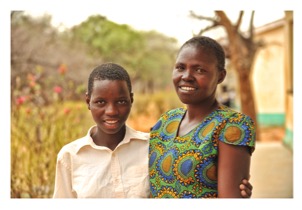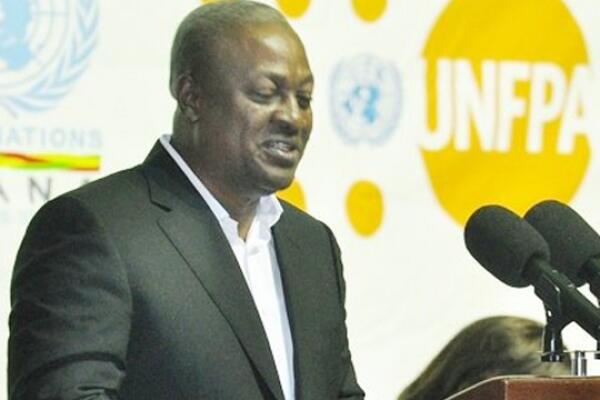President John Dramani Mahama says the current development challenges facing Africa requires 'strategic and systematic approaches' to overcome them.
In doing that however, Africa required the support of the United Nations (UN) and other regional bodies.
He was contributing to discussions on the report of the UN Secretary-General on the follow-up to the Programme of Action of the 'International Conference on Population and Development (ICPD) Beyond 2014.
The discussions held at the UN headquarters in New York last Monday were a side session of the 69th UN General Assembly, which would officially open on Wednesday.
It provided an opportunity for governments to reaffirm the relevance of the historic 20-year Programme of Action of the International Conference on Population and Development, which was adopted in Cairo in 1994 by 179 governments.
It also provided an opportunity by governments to commit to accelerated action for a common future of dignity and well-being for all people.
Ghana's contribution
President Mahama said Ghana was delighted to have contributed to the global survey for the ICPD beyond 2014 review and added that the country had made considerable progress in implementing the programme.
"We have actively participated in several ECOWAS, AU and other international thematic ICPD beyond 2014 Review Processes," he said mentioning some of them as the engagement with parliamentarians in Cote d’Ivoire and Sweden, civil society organisations in South Africa, the religious forums in Istanbul, Turkey and Ministerial meetings in New York.
Explaining the significance of his personal participation in the special session, Mr Mahama said "it demonstrates Ghana’s commitment to the ICPD and our continuing engagement with the outstanding issues within the ICPD Programme of Work, particularly those related to women and young people.

Progress
He touted the progress Ghana had made over the past 20 years in the implementation of the ICPD programme of Action saying it had manifested for instance in the improvements in institutional mechanisms as well as policy frameworks for women’s empowerment and the promotion of gender equality and equity.
Besides, access to health care and services had seen a major jump especially in the rural areas.
He gave some statistics. "The number of functional CHPS zones increased from 868 in 2009 to 1,675 in 2011. The community-based Health Planning Services (CHPS) initiative has also brought primary health care and reproductive health services closer to the people.
"Trends in the maternal mortality ratio in Ghana have shown a consistent decline since 1990. Maternal mortality has reduced to 350 deaths per 100,000 live births in 2010 and is projected to fall to 185 deaths per 100,000 live births by 2015. "
Government, the president said, was not resting in spite of the achievements, stating that he had personally committed himself to the implementation of the Campaign for Accelerated Reduction of Maternal Mortality in Africa (CARMMA), an initiative of the African Union Commission to curb the continent’s high rate of pregnancy-related deaths.
"Additionally, the government has launched the MDG5 Acceleration Framework (known as MAF) in 2011 to guide national interventions to accelerate the reduction of maternal mortality in the country," Mr Mahama said.
Private sector participation
President Mahama praised the private sector for being part of the gains made so far.
He mentioned one area of private sector participation as the ‘Reducing Maternal Morbidity and Mortality’ programme in Ghana.
To further demonstrate his commitment to the development of potentials of the youth, Mr Mahama said the Youth Empowerment Synergy (YES-Ghana), an NGO, has been selected to lead the design and implementation of the 'Big Idea' project in Ghana.
The Big Idea is a project based on a system that broadens the minds of young people to effectively drive national and local level accountability and development.
The project will equip young people with knowledge, skills and platforms to effectively interpret and use data in order to mobilise citizens to take action, and hold their governments accountable for the issues that are most important to young people and their broader communities, within the framework of the MDG targets and indicators.
Source: Daily Graphic


